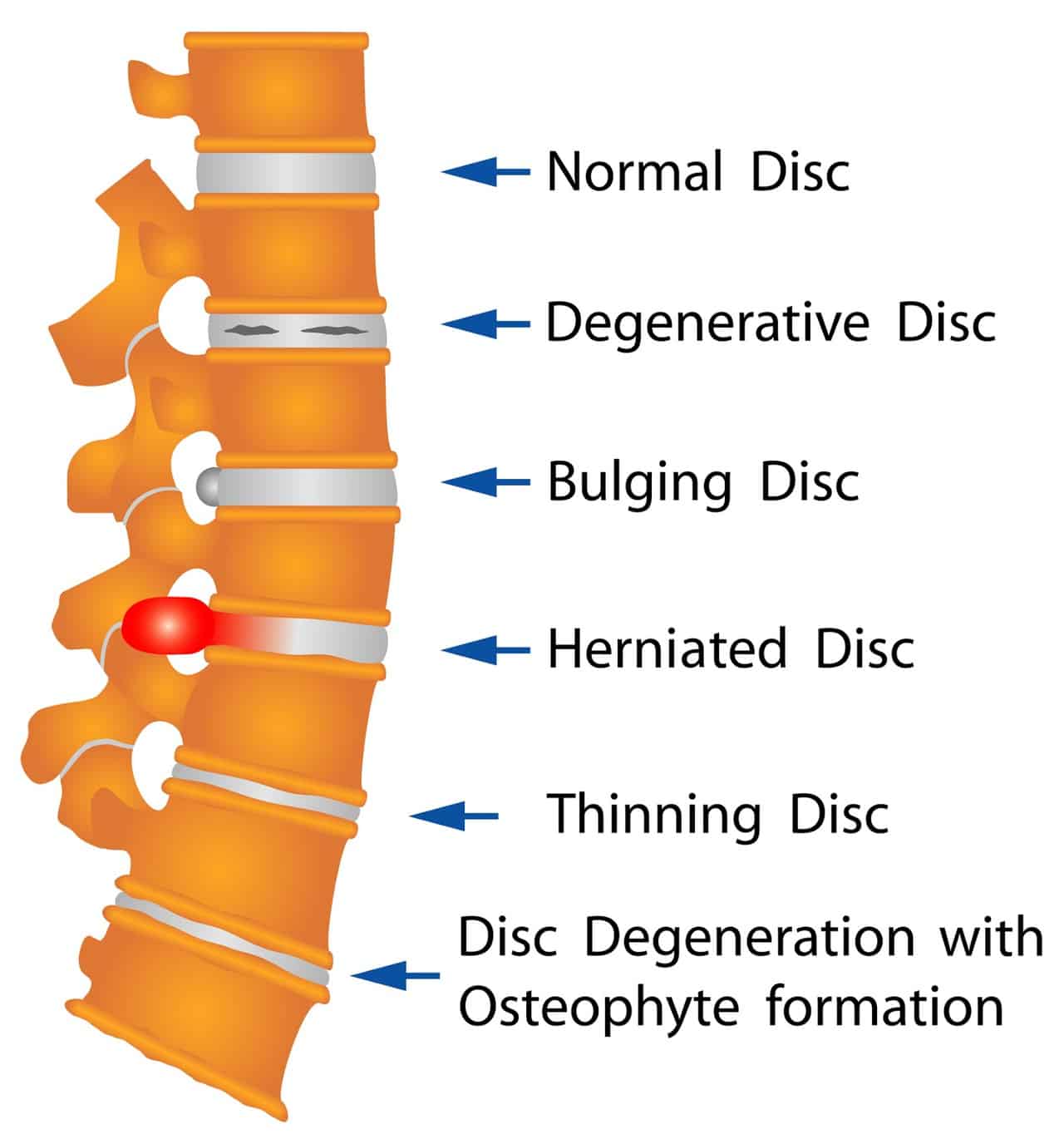What are the Causes and Symptoms of a Disc Herniation?
Your spine is made up of individual bones, which are called vertebrae. Without something to serve as a cushion, these bones would rub together and become warped or chipped. This is the function of discs, which are rubber-like cushions filled with a softer gelatinous center. Unfortunately, discs are far from indestructible and the exterior of the disc can rupture, allowing the center filling to leak out. This condition requires disc herniation relief Westchester.
What Causes a Herniated Disc?
Typically, a herniated disc is simply the result of aging and the normal wear and tear that occurs over time. As time goes on, your body loses its natural moisture, which can cause the discs in the spine to experience degeneration. As they no longer have the same water content, the discs are less flexible and will tear more easily.
As disc degeneration becomes more severe, a specific action may cause a disc to rupture or tear. While it may be difficult to point to a specific event that caused the tear, it usually happens as a result of strenuous actions, such as bending, twisting, or lifting. In some cases, a fall or an object striking the back can be traumatic enough to cause a herniated disc.
What are the Symptoms of a Herniated Disc?
A herniated disc can occur anywhere along your spine from your neck to your lower back. When it does occur, a chiropractor Westchester can help alleviate the condition through regular therapy sessions, but how will you know you need treatment? In some cases, you may not even know you have a herniated disc. However, there are certain signs to be aware of that might otherwise be overlooked.
Pain in the arms or legs: A herniated disc in your lower back will typically produce painful sensations in your buttocks all the way down to your feet. A herniated disc in the neck or upper portion of the spine often produces pain in the shoulders and arms. Sudden movements, such as those caused by a cough, sneeze, or muscular spasm can intensify the pain.
Tingling or numbness: You may also experience a tingling sensation, or general numbness, in the part of the body normally serviced by the nerves associated with the herniated disc.
Muscle weakness: The affected nerves may also cause muscle weakness in the affected part of the body. This can result in difficulty walking, or in difficulty holding items in your arms.
If you suspect you may be affected by a herniated disc, you should consult a doctor as soon as possible. You may be able to obtain alleviation through spinal decompression Westchester, or other forms of physical therapy. This can help you feel less immobile and can help you relieve your pain without the need for drugs.
